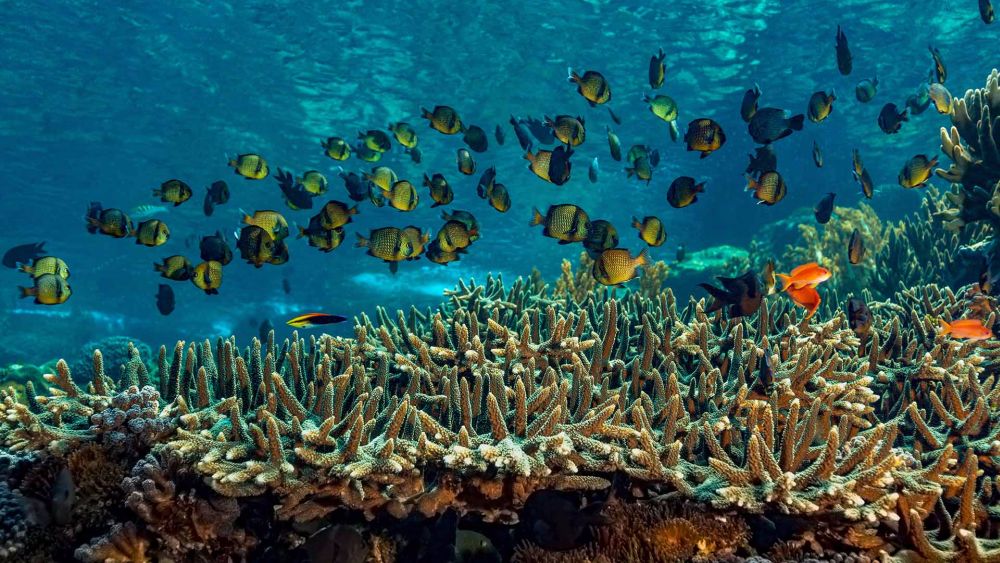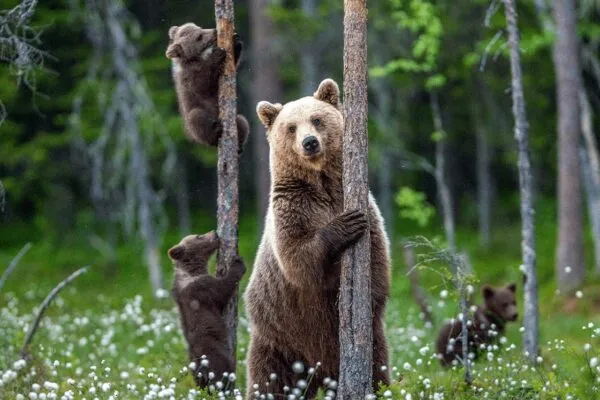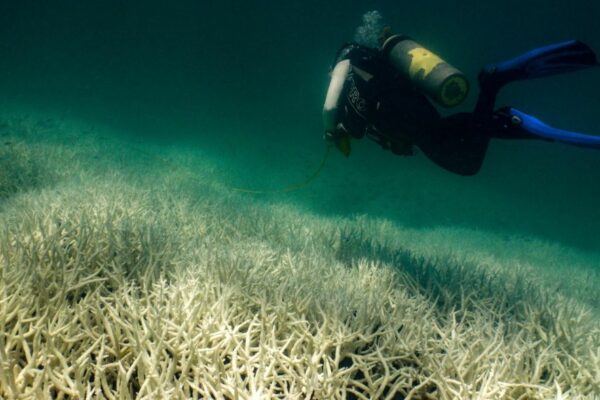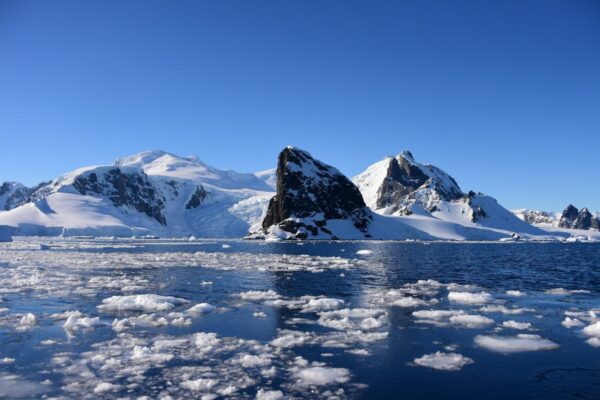Ecosystems in Peril as World Fails to Meet Biodiversity Targets, UN Report
In 2010, representatives from 196 countries assembled in Nagoya, Japan, and agreed on a set of targets designed to save the planet. The Aichi Biodiversity Targets laid out plans to conserve the world’s biodiversity, promote sustainability, and protect ecosystems. The United Nations Convention on Biological Diversity (CBD) – ratified by all UN members except the United States – set 20 targets to curb biodiversity loss.
According to the United Nations’ Global Biodiversity Outlook report, the world has collectively failed to fully achieve even a single goal proposed a decade ago.
Though the targets were ambitious, they were crucial; for instance, the nations pledged to prevent the extinction of threatened species and improve their status by 2020. With human population growth, consumption, and transformation of natural habitats are quickly unraveling an extinction crisis on the planet.
The report believes that if humankind continues to accelerate the climate crisis, biodiversity will continue to deteriorate. Out of the 20 goals, only six have been “partially achieved.” The partaking countries have conveyed that more than a third of national targets are on way to be completed; half of the national targets were moving slowly; 11 percent of targets display no noteworthy progress, and 1 percent are actually moving in the wrong direction.

According to a UN report, the world’s failure to meet biodiversity targets set a decade ago puts the planet in danger | Image: TVNZ
Elizabeth Maruma Mrema, executive secretary of the UN’s CBD, said,
The rate of biodiversity loss is unprecedented in human history and pressures are intensifying. Earth’s living systems as a whole are being compromised. And the more humanity exploits nature in unsustainable ways and undermines its contributions to people, the more we undermine our own wellbeing, security and prosperity.
The targets that are somewhat completed include preventing invasive species, conserving protected areas, access to and sharing benefits from genetic resources, biodiversity strategies and action plans, sharing information, and mobilizing resources.
According to the report, the rate of deforestation has decreased by a third compared to the previous decade, worldwide (which seems controversial, given the illegal logging and forest fires in recent years). A number of places have efficaciously eliminated invasive species. Habitat loss and degradation remain high, particularly in forests and tropical regions. Global wetlands are lessening and rivers are disintegrating, posing a serious threat to freshwater diversity.
Pollution is still extensive, with plastic plaguing the oceans and pesticides seeped into ecosystems. The coral reefs are dying from climate change and the rising oceanic temperatures. Meanwhile, indigenous communities remain mostly left out from these conversations, and their valuable knowledge on sustainable resource management is left unused. The planet has plunged into the sixth mass extinction; wildlife populations have decreased by more than two thirds since 1970, and have continued to decline in the past decade.
The report further added that despite the failure to meet any of the Aichi Targets, “it is not too late to slow, halt and eventually reverse current trends in the decline of biodiversity.” Many of the required actions have already been recognized and agreed upon under international accords like the Paris Agreement (which the United States is presently retreating from).
The report drafted eight areas where the transition to sustainability is required: land and forests, agriculture, food systems, fisheries and oceans, cities and infrastructure, freshwater, climate action and a unified “One Health” global framework.
The failure to achieve even a single target suggests the incapability or the laid-back attitude of humankind make a difference in their ways for the collective good i.e. the protection of biodiversity.


